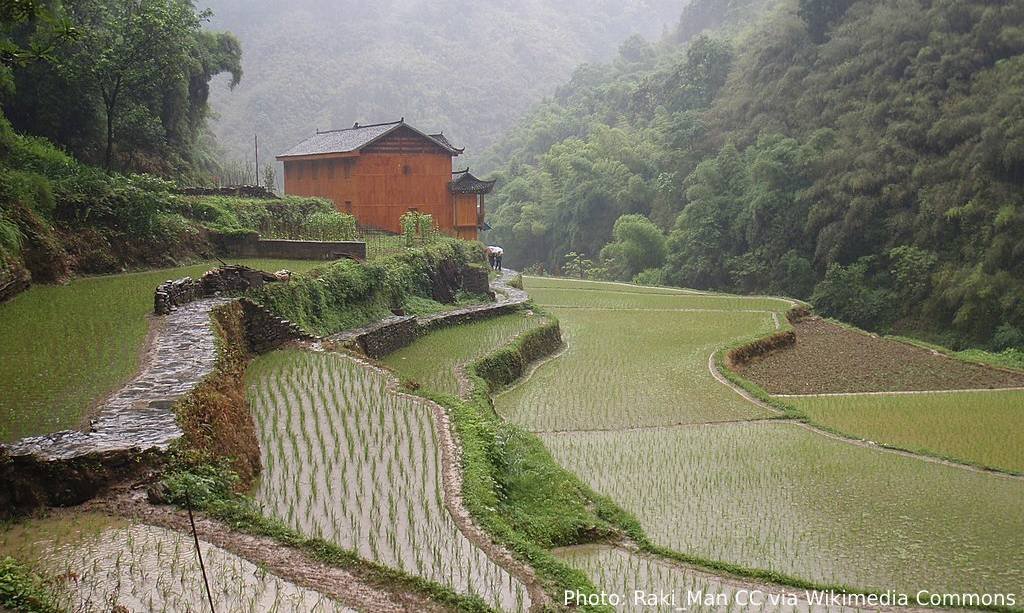Washington, 8 June 2023 (TDI): The World Bank’s Board of Executive Directors has approved a landmark US$255 million loan to bolster a transformative initiative.
It aimed at reducing methane emissions, improving irrigation and drainage services, and providing agricultural support for climate-resilient rice production in Hunan province, China’s largest rice production area.
The Methane-Reducing and Water-Saving Paddy Rice Program for Results (Hunan) is set to make significant contributions to global public goods, particularly climate change mitigation, by developing a sustainable model for rice cultivation that can be replicated and scaled in China and other rice-growing nations.
With China being the world’s largest producer and consumer of rice, addressing the environmental impact of rice cultivation is of utmost importance. Rice cultivation accounts for a substantial 16% of China’s methane emissions.
The program is closely aligned with the government’s Hunan High Standard Farmland Construction Program (HSFCP), which aims to reduce methane emissions while concurrently enhancing the climate resilience of rice production.
Mara Warwick, the World Bank Country Director for China, Mongolia, and Korea, expressed her optimism about the program’s potential impact, stating, “The Methane-Reducing and Water-Saving Paddy Rice Program will provide innovative solutions to promote climate mitigation in China’s agriculture sector.
Also Read: European Council adopts regulation on gas reduction
As a Program for Results (PforR) operation, the World Bank-supported program will receive a total financing of US$1.24 billion over a span of five years. The Chinese government will contribute US8 million, and the World Bank will provide a loan of US5 million through the International Bank for Reconstruction and Development.
This program aligns with the World Bank’s Country Partnership Framework (CPF) for China for FY2020 to 2025, which endeavors to assist China in promoting sustainable and eco-friendly growth while fostering global public goods.
The World Bank is committed to working in partnership with China to address intertwined climate and development challenges. This loan signifies a significant step toward greener growth and sustainable agricultural practices, highlighting the World Bank’s dedication to promoting a more resilient and sustainable future.
“








